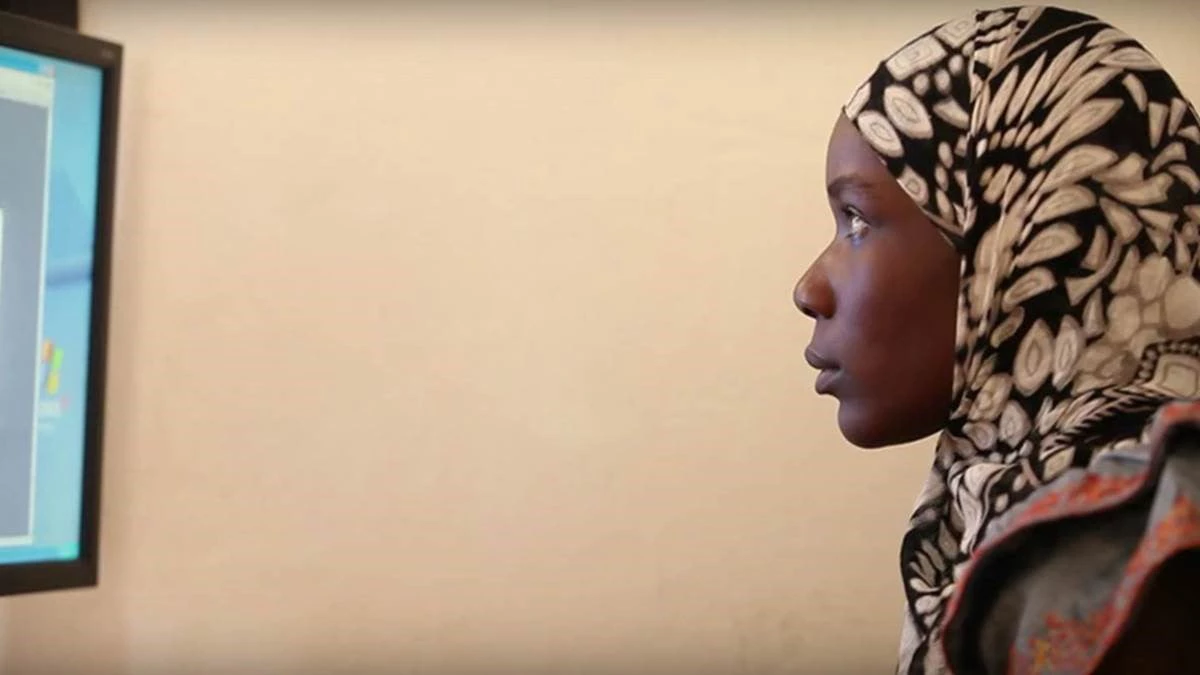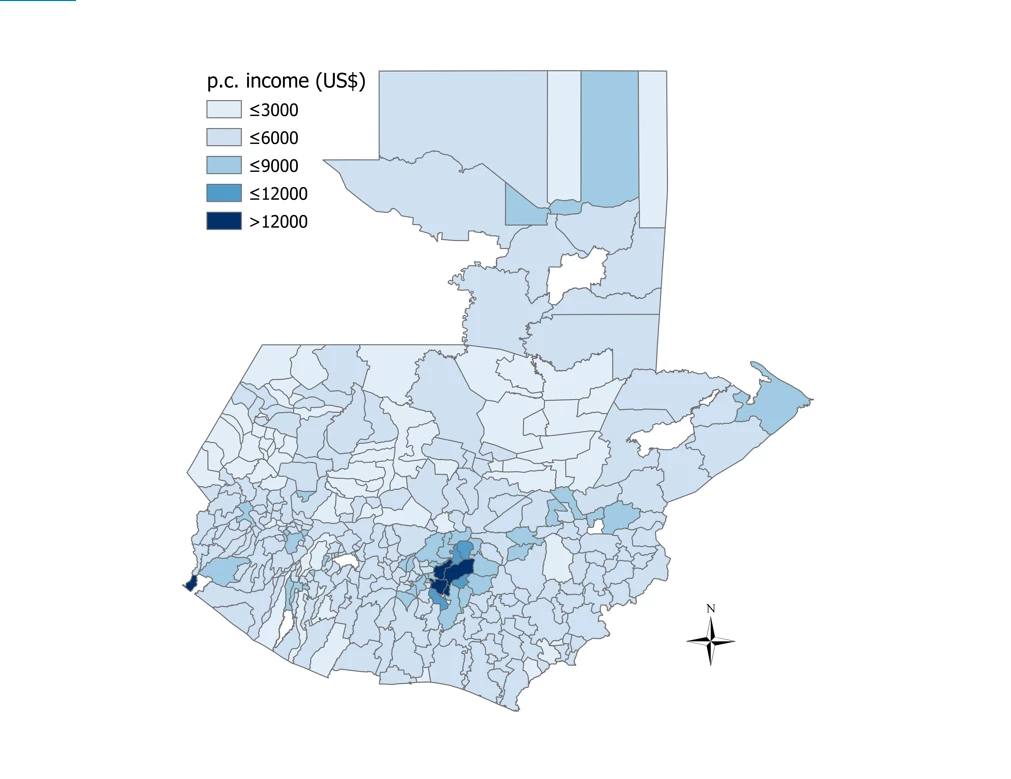
Going digital is no longer an option, it is the default, proclaimed tech gurus at the World Economic Forum a few years ago. Louise Cord, the World Bank Country Director for Senegal, echoed that as she opened a workshop on Digital Economy for Inclusive Growth in Senegal. This two-day event in Dakar brought together a diverse mix of stakeholders, ranging from senior policy-makers to CEOs of big established companies to start-uppers on the front-lines of technological advancements. The workshop was part of the World Bank’s Digital Development Partnership (DDP), which helps countries create strong foundations for an inclusive digital economy via new technologies, funding support, and the means to scale up solutions that work.
Workshop participants came to share their perspectives, while answering three core questions:
- Does Senegal stand on solid foundations to be able to reap the digital dividends of the so-called Fourth Industrial Revolution?
- Does the ecosystem for private investments successfully support the development of small and medium enterprises?
- What specific actions can chart a steady course for transformational change in sectors such as e-taxation and port management?
Challenges, however, remain. Internet services in Senegal are, of course, no longer a luxury, but the cost of mobile broadband subscriptions still accounts for 12 percent of average monthly gross income per capita. This is compared to 6 percent in Kenya, 5 percent in Ghana, and 2 percent in Cape Verde. At the same time, mobile broadband connections (3G and 4G) reach only 19 percent of the population-- a modest coverage against 67 percent in Cape Verde, 55 percent in Ghana and 50 percent in Cote d’Ivoire. Largely as a result, Senegal scores only 132 nd out of 150 countries on the 2016 GSMA Mobile Connectivity Index and 142 nd out of 190 on the 2017 UN ICT Development Index.
The government is well aware of these challenges, and key public-sector actors seem to agree on which measures can effectively address them. Regulatory frameworks need to be updated. Sector governance needs to be enhanced. In particular, the IT Board ( Conseil National du Numérique) needs to be established to consolidate the management of the industry, as well as to provide a stronger voice to private players. Moreover, authorities need to optimize the use of the country’s 4,000 km-long fiber-optic network.

Most of the workshop discussions revolved around e-taxation and digital solutions to port management, anchored in best practices shared by private companies, such as Microsoft, SOGEMA and Global Smart Logistics. Initiatives discussed ranged from digital goods and traffic management-- through a referential workflow and a single e-payment window-- to mobile tax applications and pre-filled tax declarations.
These and other issues will be analyzed further in the Digital Economy Country Assessment of Senegal, preliminary findings of which were presented at the workshop by the World Bank’s Digital Senegal team. The diagnostic establishes a baseline of the digital economy maturity, via international benchmarking and qualitative assessment of its digital and non-digital foundations, and provides direction for key policies aimed at further boosting growth. The study is expected to be finalized by July this year.
Earlier this month at the GSMA Mobile World Congress the WBG President Jim Kim called on the global telecom community to work together with the “fierce urgency of now” to “rethink in a fundamental way how connectivity, big data, and new technologies can create new drivers of economic growth and opportunities for all”. As if responding to this appeal, the participants of the workshop in Dakar brought their minds together to do just that. After all, as the Senior VP of Capgemini, Didier Bonnet, noted, “the only wrong move when it comes to digital transformation is to make no move at all.”


Join the Conversation
Hello Aneliya Muller, my name is Simon and I liked your blog so I'm going to make a contribution to it. I'm researching now about Senegal, Dakar in my class at school and I find very fascinating that you talk about the digital economy because is one of the main problems in this nation. Your blog talks about a lot of goals but I ask myself what is the main one to you. Do you give more priority... to either the growth of small and medium stakeholders, the creation of jobs, the optic network, the digital transformation (in the aspect of e-taxation and port management) or to solve the problem of the mobile connectivity? Apart from that, I think that all what you said is true. Senegal is overdue in the aspect of the digital economy and you give solid solutions for many of the problems. There are many aspects to improve, but when you already solve one it will be easier to solve other ones because these problems are interdependent. I enjoyed a lot reading your blog, it was very interesting and optimistic because you gave more emphasis on the solutions than in the problems. Because of that, I will pass this amazing blog to my friend and family so that they give there opinion and thoughts to it. I hope you solve all these problems in the better way. Greetings: Simón Hörmann Lavanchy
Read more Read lessThe above article is showing similar challenges of my country-facing now a days.